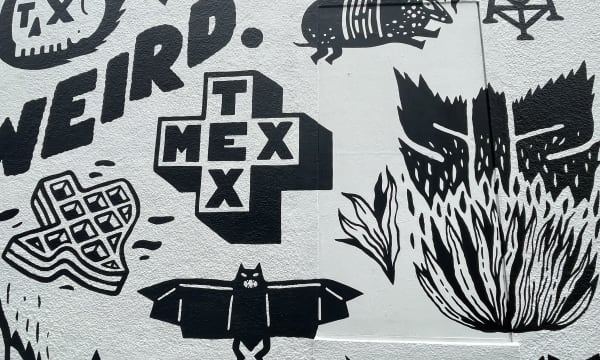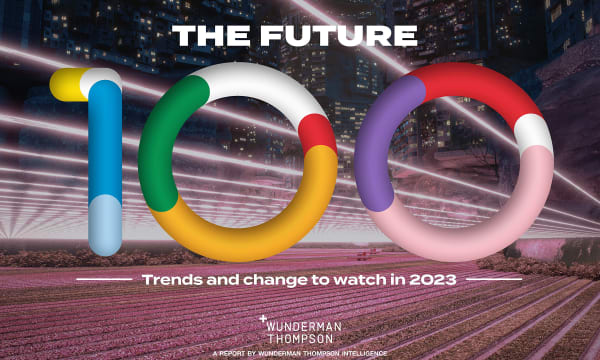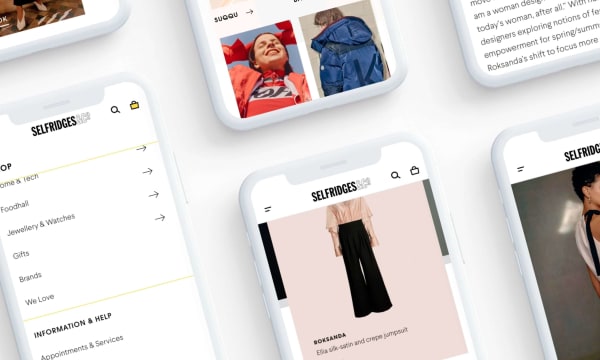Intelligence
The global futures and trend intelligence unit.
Subscribe to our weekly newsletter
Please provide your contact information to continue.
Intelligence Insights

Insight
SXSW 2024: Healthcare reimagined
Technology will revolutionize health provision
Read Article 
Insight
SXSW 2024: Key Trends
At Austin's annual celebration of all things tech, culture and innovation, SXSW explored the ways AI and humanity will evolve together
Read Article 
Insight
SXSW 2024: Biodiversity economy
Synthetic biology is fighting climate change with better biodiversity
Read Article Intelligence News

News
Key Brand Opportunities for 2024
VML launches the tenth edition of ‘The Future 100: 2024’ with the world’s first virtual futurist who can answer real-time questions about the trends
Read Article 















